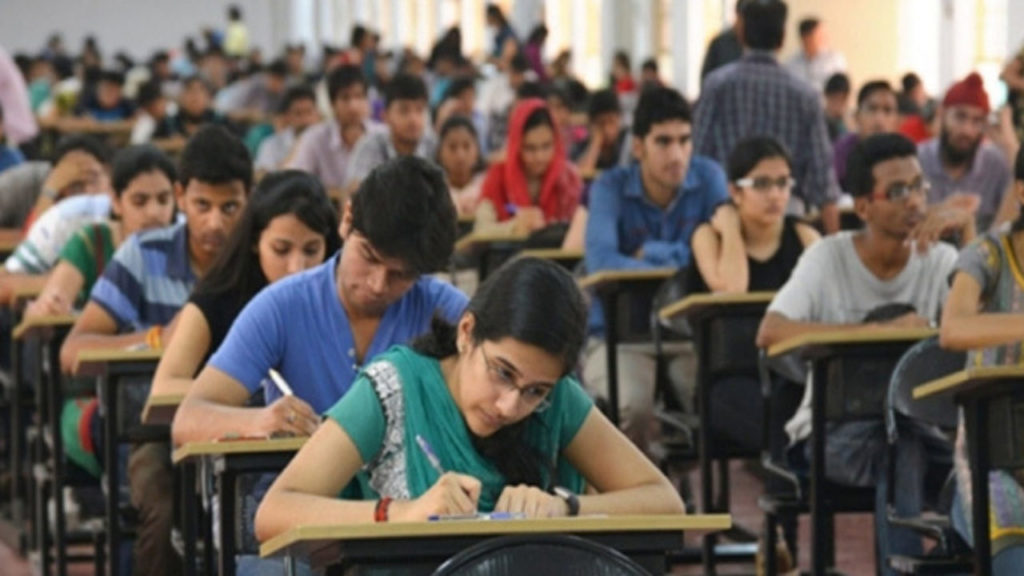Engineering Seats Reduced To Lowest In 10 Years; 63 Engineering Colleges Shut Down As Demand Vanishes

Reportedly, the total number of seats in engineering institutes in India has hit the lowest in a decade.
Why Would This Happen?
It could be caused by a steady stream of engineering colleges applying for closure since 2015-16 and a significant reduction in capacity across others.
Basically, the engineering seats at the undergraduate, postgraduate and diploma levels have declined to 23.28 lakh.
Which is also the lowest in at least 10 years according to the latest data from the All India Council for Technical Education (AICTE).
This year, the reduction in seats is on account of institute closure and decreased admission capacity, which is pegged at 1.46 lakh.
So far, engineering still accounts for 80 percent of the total seats in the technical education space (also made up of architecture, management, hotel management and pharmacy, among others) despite the significant drop in the country.
Covid-19 Pandemic Affected The Numbers
If we talk about the reason behind it, it is being attributed to the consolidation that started seven years ago, due to the reduced demand further forcing colleges to shut down.
Over 400 engineering schools have wound up operations since then.
At least 50 engineering institutes have closed every year since 2015-16 except last year.
While this year, 63 have got AICTE’s nod for closure.
On the other hand, the technical education regulator’s approval for setting up new engineering institutes is at a five-year low.
Considering the situation, AICTE announced a two-year moratorium on new institutions starting 2020-21 in 2019.
The was mainly done on the recommendation of a government committee headed by IIT-Hyderabad chairman BVR Mohan Reddy.
Huge Gap In Regulation
As per the Indian Express the findings In December 2017,
of its three-month-long investigation, ‘Devalued Degree’, which found there were no takers for 51 percent of 15.5 lakh undergraduate seats in 3,291 engineering colleges in 2016-17.
Apart from this, this investigation also found glaring gaps in regulation including alleged corruption, a vicious circle of poor infrastructure, labs and faculty, non-existent linkages with industry and the absence of a technical ecosystem to nurture the classroom.
All the above-mentioned reasons are accounted for the low employability of graduates, as per the investigation.
AICTE announced its decision to reduce intake in courses with poor admissions by half after a few weeks with the start of the academic year 2018-19.

Comments are closed, but trackbacks and pingbacks are open.